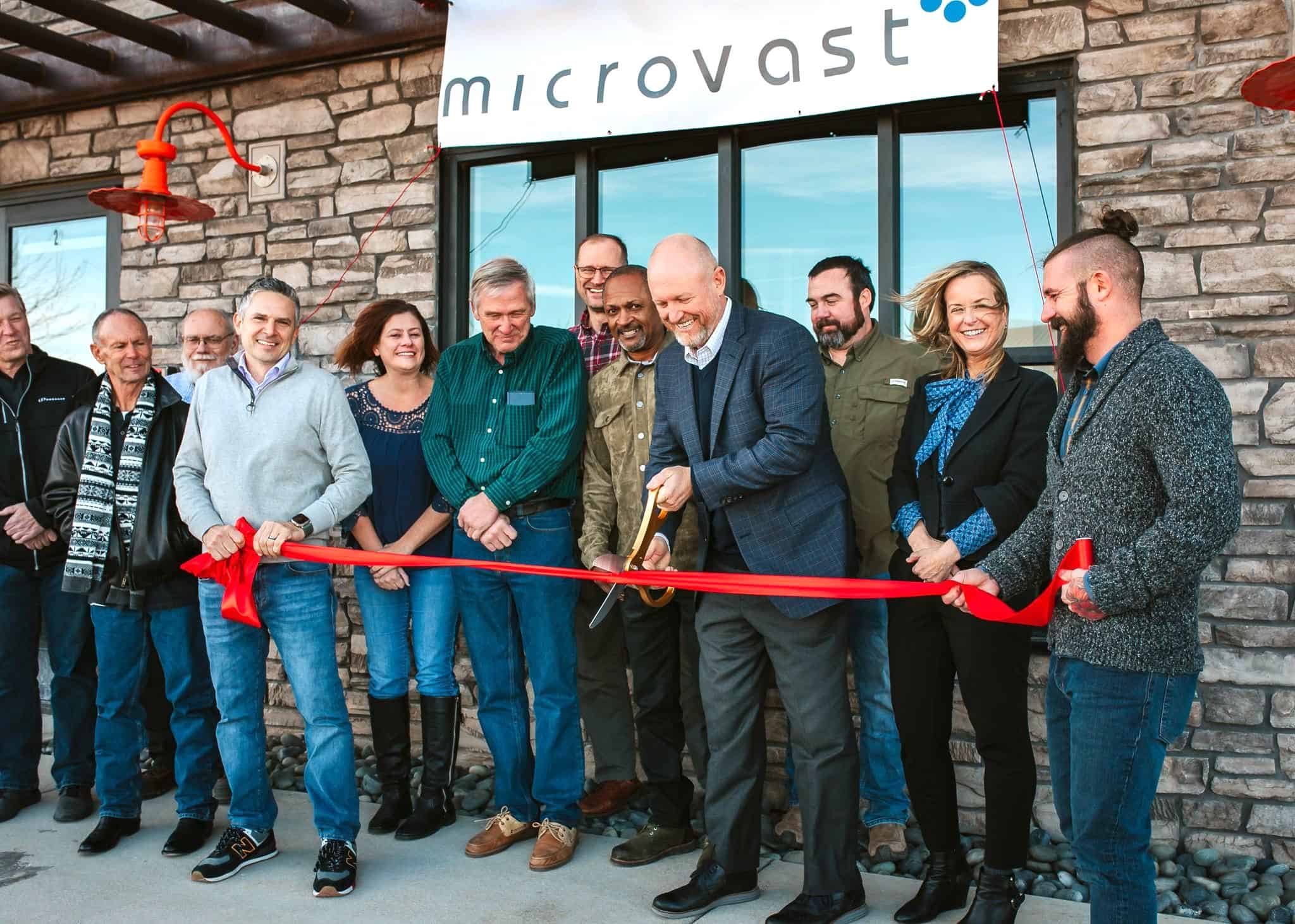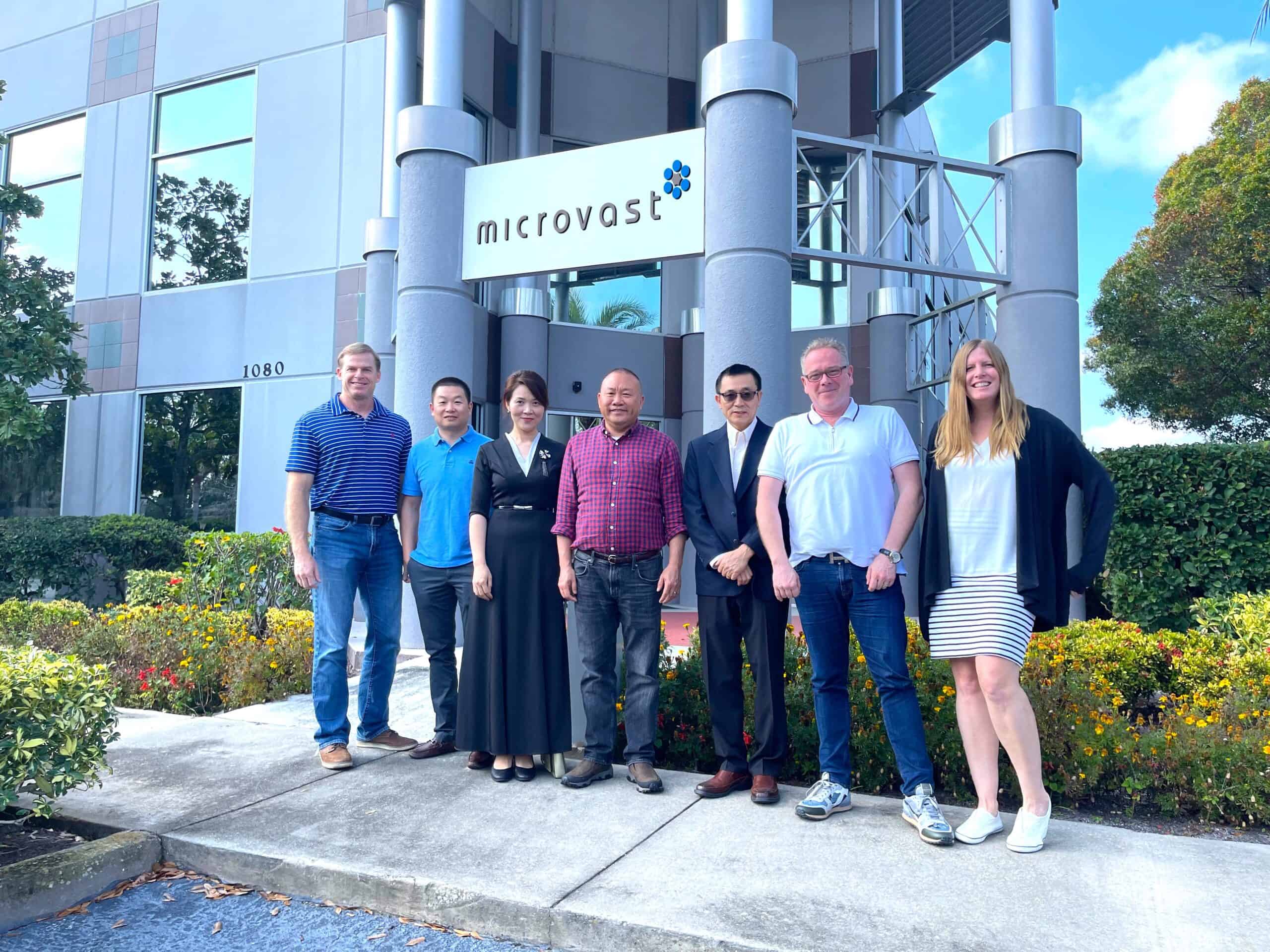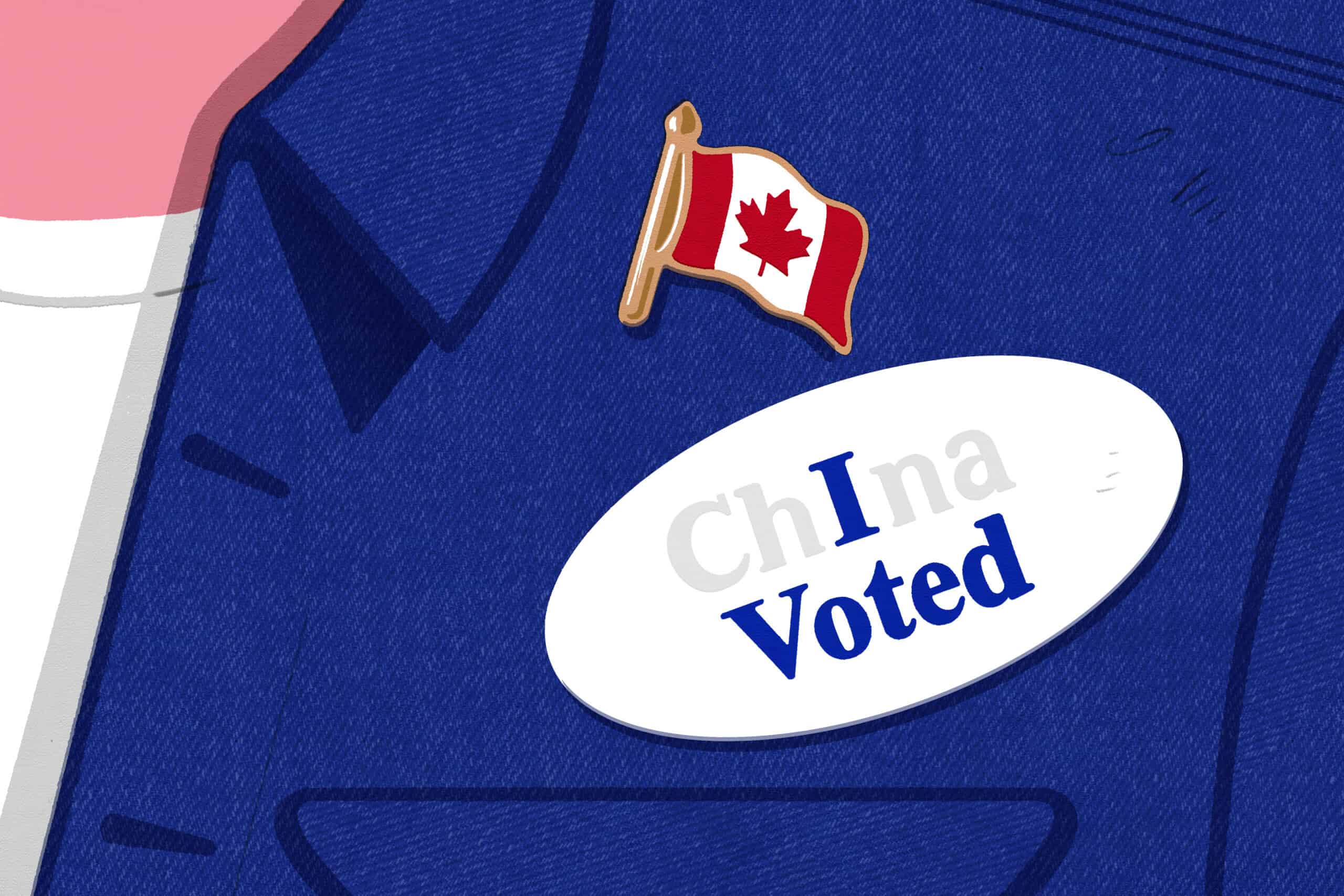
When the Department of Energy announced a $200 million grant to battery maker Microvast Holdings for a plant in northern Tennessee last October, it seemed like a win-win. The funds would enable the Texas-based company to quickly ramp up production of its cutting edge technology, and bolster the U.S.’s battery supply chain — a key goal of the Biden administration’s $1 trillion infrastructure spending package.
In the following months, however, Microvast found itself embroiled in a political controversy that has left the status of the DOE grant in doubt.
The dispute stems from Republican lawmakers’ criticism of the company’s ties to China. In multiple letters to Secretary of Energy Jennifer Granholm, Senator John Barrasso (R-WY) and Congressman Frank Lucas (R-OK) have pointed out that the majority of Microvast’s assets and revenues are in China, and argued that the “DOE’s actions directly undermine the United States’ position in its race against China for technological supremacy.”
The DOE, which did not respond to requests for comment, is now reviewing the grant, in line with its normal procedures. Microvast says that despite the scrutiny, it is optimistic that it will receive the funding due to the merits of the project — whose location has now switched to Kentucky, and which it is building in partnership with General Motors.
Can we realistically expect the U.S. having no exposure to China on battery development, given their status in the supply chain and dominating the sector to date? I think the answer to that is no.
Ben Steinberg, a former DOE official who now co-chairs the critical infrastructure practice at Venn Strategies
Whatever the outcome, the episode lays bare the political liability that connections to China have come to represent for U.S. companies, while underscoring just how difficult it is for the government to build up American supply chains in sectors like battery technology without funding companies with at least some ties to China.
“We need to go into this eyes wide open, but also with the recognition that China started down this path many years before us,” says Ben Steinberg, a former DOE official who now co-chairs the critical infrastructure practice at Venn Strategies, a lobbying firm which represents companies in the sector, not including Microvast.
“Can we realistically expect the U.S. having no exposure to China on battery development, given their status in the supply chain and dominating the sector to date? I think the answer to that is no,” he says. “The question is, are there good ways for the government and industry to build a resilient supply chain together that limits risks? The answer is yes.”
Founded in Houston in 2006, Microvast is run by Wu Yang, a Chinese American entrepreneur who attended Southwest Petroleum University in Chengdu and went on to run Zhejiang Omex Environmental Engineering, a Chinese water purification company which was acquired by Dow Chemical in 2006. Wu currently owns 27.5 percent of Microvast, according to filings.

The company does have an extensive footprint in China, generating nearly two-thirds of its revenue there in 2022. Until two years ago, all of Microvast’s manufacturing capacity was in Huzhou, a city near China’s eastern coast. The company also operates a 75,000 square foot R&D center in Huzhou, and owns four subsidiaries in China.
In 2011, Microvast received $25 million from the International Finance Corporation, the World Bank’s investment arm, before raising $400 million in a 2017 funding round for one of its Chinese subsidiaries from two major Chinese investment firms, state-run CITIC Securities and CDH Investment. Ying Wei, managing partner at CDH, sits on Microvast’s board.
Still, the company is now U.S. listed: it went public on Nasdaq two years ago through a reverse merger with a special purpose acquisition company (SPAC) called Tuscan Holdings. Microvast’s shares shot up by over 50 percent after the October DOE announcement, before steadily declining since then amid uncertainty about the grant. Its current market value is around $400 million.
Am I aware of China and U.S. tension? Sure. Are we the right company they should be focused on to make their example? Absolutely not.
Shane Smith, Microvast’s chief operating officer
Despite the company’s initial focus on China, Shane Smith, Microvast’s chief operating officer, emphasizes the company’s growing presence in Europe and the U.S. due to increasing demand outside of China — in 2021, the company completed a Berlin plant, and the company has a new testing center in Colorado and manufacturing plant in Tennessee.
“Here’s an American company that has just gotten in the crossfires, that is spending money in the right way to make the United States electrification supply chain stronger,” Smith says. “Am I aware of China and U.S. tension? Sure. Are we the right company they should be focused on to make their example? Absolutely not.”
The company’s evolution, Smith says, is reflective of the broader market, in which Chinese battery makers like CATL and BYD have become global leaders in production following years of government support.
“If you were going to try to sell any kind of battery that you made before 2010, the only place you could really sell that was in Asia, specifically China, because that was the China government’s goal was to get going on electrification. And so you had to build a battery there.” If the company had tried to build an American presence earlier it wouldn’t have been successful, he argues, citing the fact that many lithium ion battery makers in the U.S. went out of business at that time.
The grant to Microvast was one of 21 the DOE has awarded to battery projects across the country, with money allocated from the infrastructure bill signed last year. The Microvast project, which the company expects to create 562 new jobs, is focused on battery “separators” — the membrane between the two sides of a battery. The company manufactures separators with a patented material similar to that used in bulletproof vests or firefighting garments, thus “improv[ing] safety for electric vehicles” and “enable[ing] faster charging and longer battery life,” according to DOE grant materials.
The Republican lawmakers’ criticism of the DOE grant to Microvast centers on fears that the U.S. government will be funding the development of intellectual property which could land in Chinese hands, as well as concerns that the DOE did not conduct adequate due diligence before allocating money to the company.

Microvast, which opened a second R&D facility in Florida in 2016, maintains that although development of its separator technology started in China, one of the company’s U.S. subsidiaries owns the IP. It also argues that the DOE is already familiar with its global operations from past experience of working together — for example, the department awarded Microvast $1.5 million in 2018 as part of a project to fund research on fast battery charging.
“The decision to award a grant to a company with well-documented ties to the Chinese Communist Party raised red flags,” Congressman Lucas, who chairs the House Science, Space, and Technology Committee said in a statement to The Wire. “Our concern is much broader than any individual company—our primary goal is to make sure that the Department of Energy is doing its due diligence on every one of these awards, which means conducting appropriate investigations and verifying that there are guardrails in place that will protect this taxpayer investment.”
In a letter reviewed by The Wire from Kathleen Hogan, a DOE official, in response to Senator Barrasso’s concerns, she wrote: “The technology was developed in China and would be manufactured in the U.S. for the first time, obviating the typical risk of intellectual property loss and jump-starting progress toward the Administration’s goal of rebuilding U.S. manufacturing leadership.”
Big picture, the government should be wary of any company with reliance on China, either in manufacturing or research.
Emily de La Bruyère, co-founder of Horizon Advisory
Smith, the Microvast COO who is a former submarine officer in the U.S. Navy, has been reaching out to lawmakers to dispel their concerns, but he says that none have been interested in engaging with him.
“China tech issues have become a major focus point of both political parties. There is a good reason behind that,” says Fabian Villalobos, a Full Engineer at the RAND Corporation, citing the long history of Chinese IP theft issues.
But he adds that while there is a degree of risk involved in a project like Microvast’s, the government should be considering whether the benefits outweigh the potential costs. “If part of the risk is IP transfer, either licit or illicit, then that’s a risk we take on. But the benefit is that we have a more resilient industrial base because China no longer dominates battery materials. I believe it is a net benefit.”
Others have a different calculus. “Big picture, the government should be wary of any company with reliance on China, either in manufacturing or research,” says Emily de La Bruyère, co-founder of Horizon Advisory, a China focused consultancy. “I don’t think we should be letting companies play both sides. We are only cementing a system of industrial dependence.”
Microvast, in the meantime, appears determined to keep playing both sides: In 2022, it obtained a $111 million loan from a group of lenders led by a Chinese bank to fund expansion of its Huzhou facility. Smith, Microvast’s COO, says it remains an “America first” company, but that it is still approaching China “opportunistically, just like any good business.”

Katrina Northrop is a journalist based in Washington D.C. Her work has been published in The New York Times, The Atlantic, The Providence Journal, and SupChina. @NorthropKatrina




